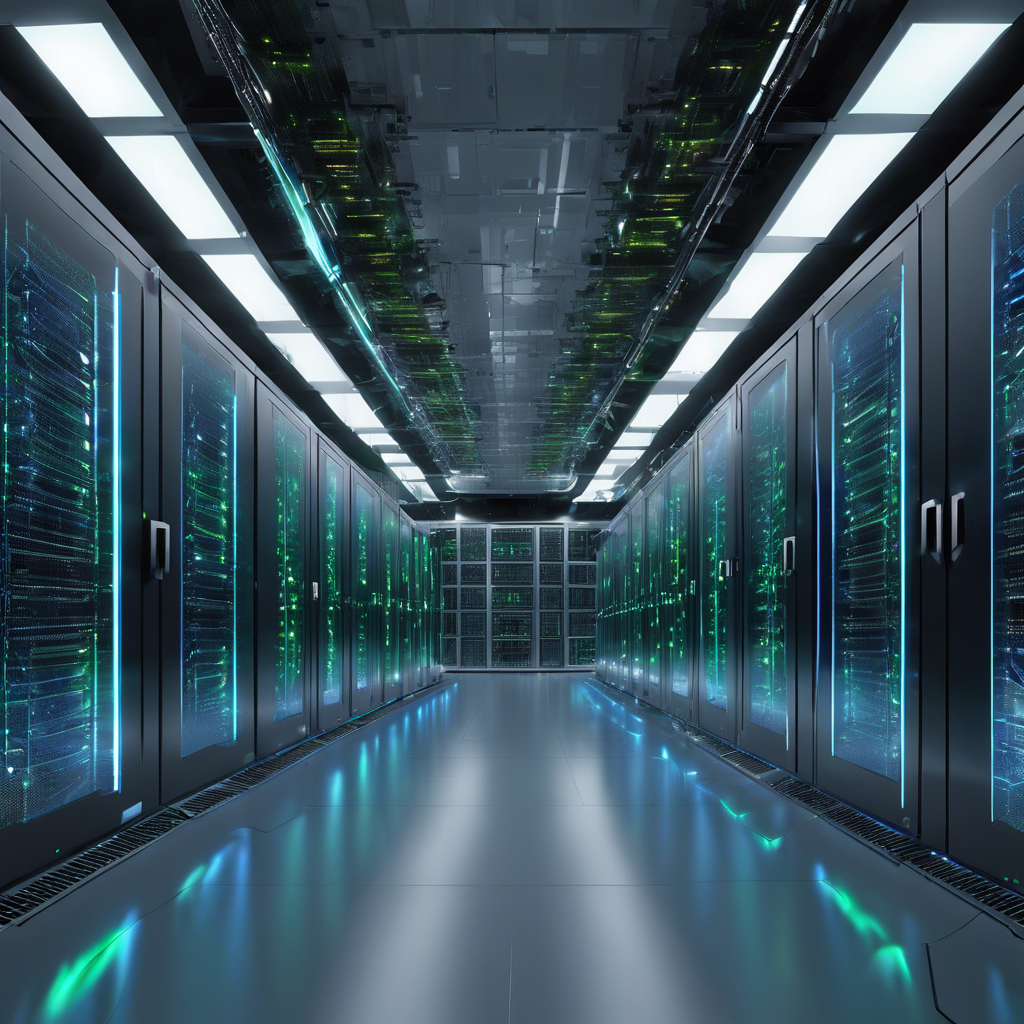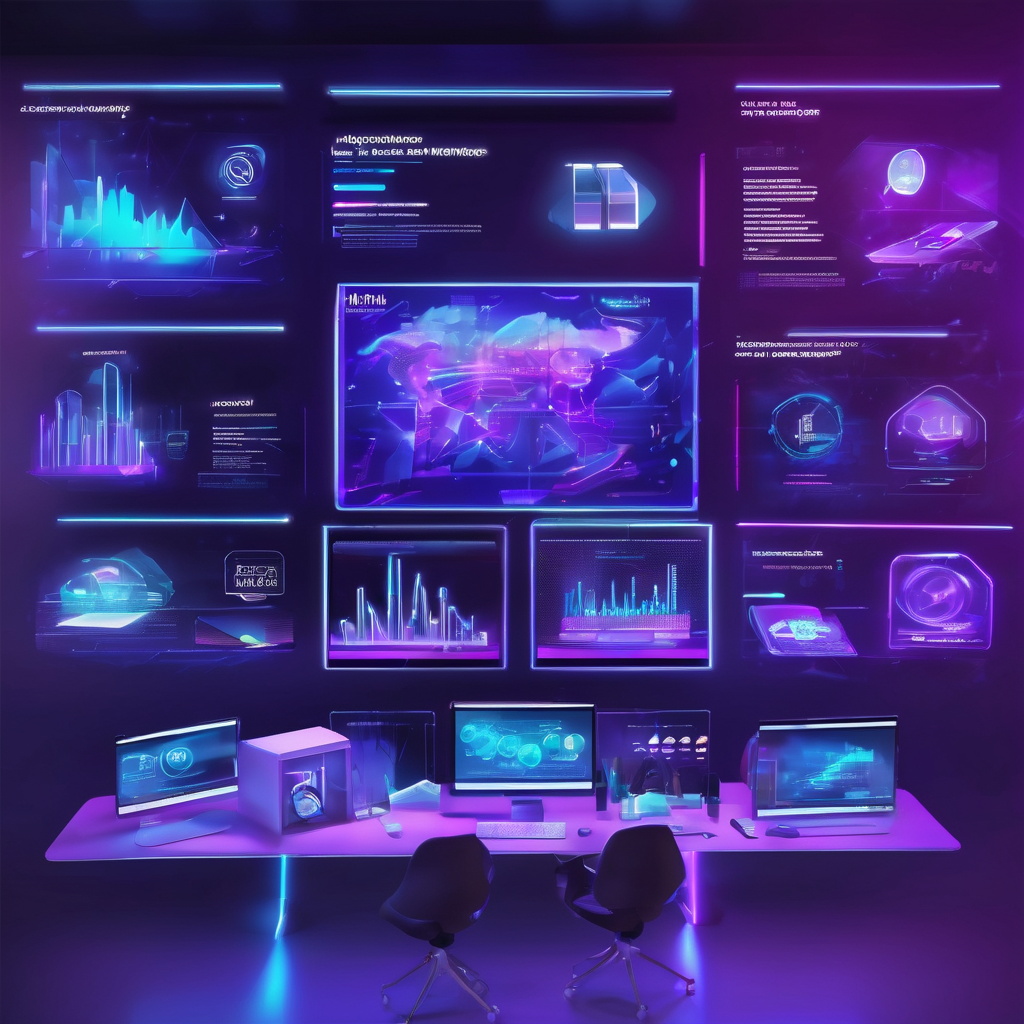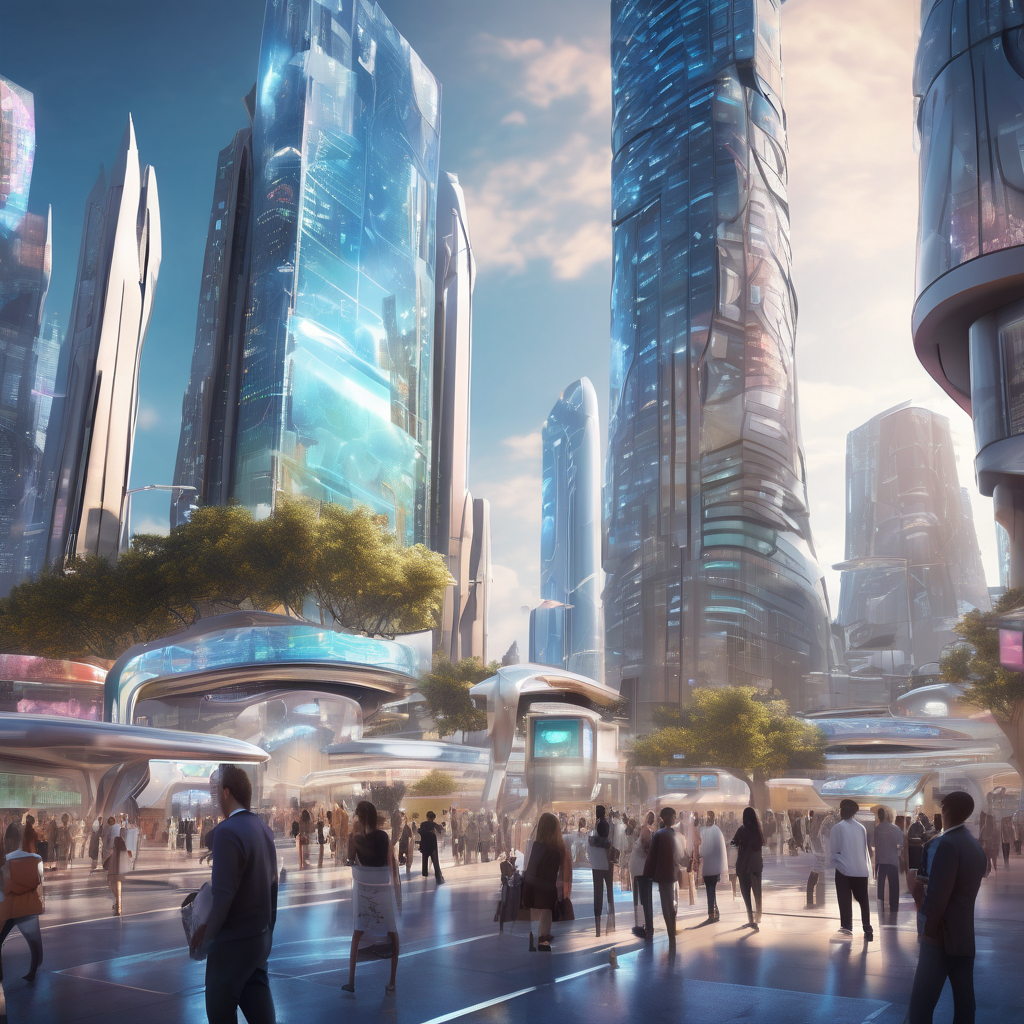
Elon Musk's 'Gigafactory of Compute, ' the xAI Colossus, obtained approval from the Tennessee Valley Authority in early November to draw 150MW from the state’s power grid. This raises the site's initial supply from 8MW nearly twentyfold, sparking concerns among local stakeholders about potential impacts on supply reliability and electricity prices in the Tennessee Valley. Additionally, Power Grid International reports that Elon plans to double the site's computing capacity, which would, in turn, double its energy needs. xAI exerted tremendous effort to establish this supercomputer, completing setup in just 19 days (as opposed to the usual four years, according to Nvidia CEO Jensen Huang). However, the site initially had only 8MW available when it launched in July, prompting Musk to deploy large portable power generators to meet the company's needs. Over the summer, Memphis Light, Gas & Water (MLGW) upgraded the substation to 50MW, but this still falls short for concurrently operating all 100, 000 GPUs on the site. Experts estimate that 155MW is required to run 100, 000 GPUs, making Musk's 150MW request for the xAI site relatively conservative.
Nonetheless, there are concerns about the demand's impact on the state's power supply. “We are alarmed that the TVA Board approved xAI’s power request without assessing its impact on local communities, ” says Amanda Garcia, a senior attorney at the Southern Environmental Law Center. “Just last year, TVA raised concerns about power reliability and proposed a new gas plant in South Memphis. Board members also expressed worries about how large industrial energy users affect power bills across the Tennessee Valley. TVA should prioritize families over data centers like xAI. ” According to Power Grid International, MLGW, the provider delivering power to the xAI supercomputer, assured the Memphis City Council that xAI’s power demands "would not strain the grid or affect reliability for local customers. " CEO Doug McGowen states that the additional 150MW provided to the company fits within the utility’s peak load forecast and that more power could be sourced from the TVA if necessary.
Elon Musk's xAI Gigafactory: Power Concerns as TVA Approves 150MW Request


In the fast-changing world of digital marketing, AI-generated videos are revolutionizing how brands engage with consumers.

Alta, an Israeli technology company, is making notable advances in artificial intelligence through its innovative go-to-market platform tailored specifically for business-to-business (B2B) revenue teams.

The State Council Information Office recently announced a major advancement in artificial intelligence technology with the introduction of over 100 AI terminals, including AI mobile phones, AI computers, and AI glasses.

A recent LinkedIn study has revealed the substantial influence of artificial intelligence (AI) on the sales process.

As artificial intelligence (AI) continues to advance and become more deeply embedded in various digital marketing approaches, its impact on search engine optimization (SEO) has attracted considerable attention.

Predis.ai, a leading AI-based platform for social media content creation, has announced major expansions to its toolset, introducing new AI-powered features designed to improve content generation and scheduling for social media channels.

OpenAI has revealed major updates to its text-to-video app, Sora.
Launch your AI-powered team to automate Marketing, Sales & Growth

and get clients on autopilot — from social media and search engines. No ads needed
Begin getting your first leads today